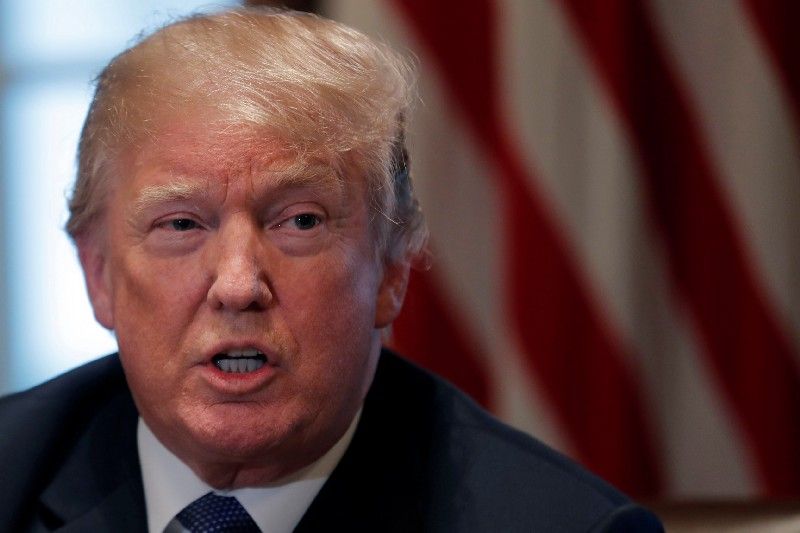April 10, 2018
US President Donald Trump has promised to respond to the Syrian regime’s alleged use of chemical weapons on the town of Douma. His immediate challenge is to do so in a way that demonstrates US resolve to, well, respond, but which doesn’t risk opening up a more direct conflict with Russia or Iran, both of which now have troops and advisers embedded throughout the country.
But beyond the narrow question of if and how to respond to the chemical attack hangs the broader question of whether the US intends to stay in Syria and if so, under what pretext. Trump has signaled he wants out, though the Pentagon has evidently persuaded him to stay a while longer. Broadly speaking there are three possible objectives for staying:
To fight ISIS, in eastern Syria, where American forces have worked with Kurdish and Arab militias to all but eliminate the self-styled caliphate’s territorial reach. Leaving could allow ISIS to regroup, but as my pal Willis notes, what’s the harm in letting Iran and Russia deal with that problem if they want ownership over the postwar outcome?
To stop Russia and Iran from establishing Syria as a postwar client state. This is not a feasible objective given the relatively limited US presence. Russia, Iran, and Turkey — which are more involved — are already leading their own peace process without the US. Absent a significant increase in US troops, which the American public — including but not limited to Trump’s base — would never support, this isn’t a realistic goal.
To prevent humanitarian catastrophe and war crimes. Trump’s retaliation against Syria for chemical attacks certainly imposes some limited costs on the Assad regime, but are they enough to deter their future use? It was (exactly) a year ago that Trump hit Syria with 59 cruise missiles in response to a chemical attack. And yet the use of chemical weapons has continued, right through the Douma attack.
More For You
Most Popular
Fishing boats moored at Taganga Beach, as fishermen express concern over unclear US government videos showing strikes on vessels during anti-narcotics operations, amid fears that those targeted may have been fishermen rather than drug traffickers, in Santa Marta, Colombia, on October 20, 2025.
REUTERS/Tomas Diaz
Walmart’s $350 billion commitment to American manufacturing means two-thirds of the products we buy come straight from our backyard to yours. From New Jersey hot sauce to grills made in Tennessee, Walmart is stocking the shelves with products rooted in local communities. The impact? Over 750,000 American jobs - putting more people to work and keeping communities strong. Learn more here.
© 2025 GZERO Media. All Rights Reserved | A Eurasia Group media company.
